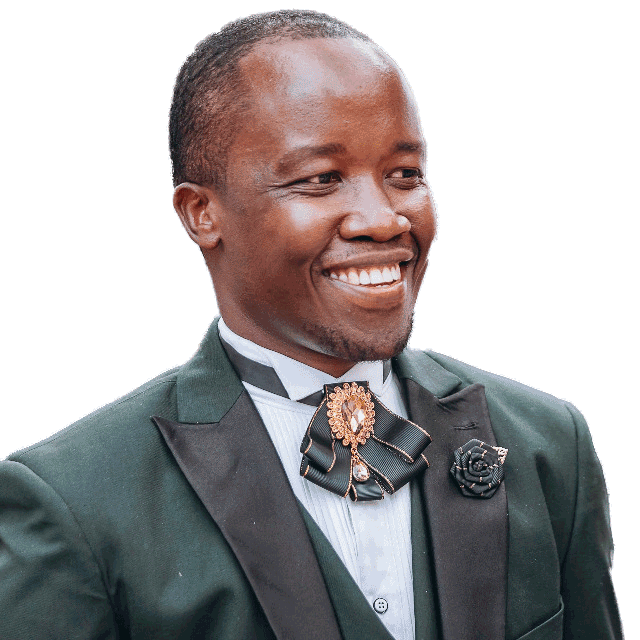One of the noblest of occupations in the world is teaching. Few activities can be equalled to the joy that one has when passing knowledge and skills to others.
I started teaching immediately after completing my high school studies. Before I joined the university to pursue my BSc. Electrical and Electronic Engineering, I had in whole taught at three different high schools. Even though I trained as an engineer, I knew that one day I would pass along what I had learned as a practising electrical engineer.
As an undergraduate student, I was really hard-pressed to try to relate a lot of what we were learning with the real-world applications. Majority of our tutors/lecturers had no substantial practical work, life experience and thus they could only feed us with theory upon theory. I thus swore that I would never go back to teaching without acquiring relevant professional experience in the industry. Upon my graduation, I got a Job at an Electrical and Mechanical consulting firm almost immediately. One year later, I enrolled in an MSc. Electrical and Electronic Engineering. Immediately after the course work (another one year), I joined the Technical University of Kenya where I am until now (as of 12.12.2019). I still practice and find it very enjoyable and easy to deliver my lectures since I can immensely relate the content to real-life engineering applications.
How I go about teaching:
- I rarely dictate notes in class. Instead, we discuss concepts in class. I don’t read the notes except for the cases of illustrative examples and equations derivations.
- I share all my lecture notes in advance. I have uploaded all my lecture notes on my website and then students can always read the notes in advance. I also refrain from printing out the lecture notes and instead teach using my Tablet/Laptop. I allow the students to use their laptops and tablets.
- I always try to relate everything I teach with real-life practical examples. I also interweave my lectures/discussions with my own personal professional experiences. That’s the beauty of having worked in the industry, or of working in the industry.
- I share life advice with my students. How to get industrial attachments, jobs, how to craft nice cover letters, CV’s, how to select final year projects. I share links to all the resources.
- Alexander Pope says, “Men must be taught as if you taught them not, and things unknown proposed as things forgot.” I try to follow this advice by teaching students indirectly, by suggesting familiar concepts or scenarios that I eventually tie them up with my lecture content.
- I try to be friendly to the students and I make myself highly available for questions and concerns. I don’t create some artificial gap between the students and myself. They are humans and I respect them as such. It never matters that I am their lecturer or not.
- I started administering anonymous feedback forms so that the students can give me honest feedback about my teaching methods and effectiveness. Check sample form here. This helps me to improve immensely.
For engineering and any other science or creative training, it is paramount that practising professionals be involved in the teaching. How do you purport to teach the future engineers yet you have never been in the industry yourself? What can you really tell the students except by boring them with abstract notions? So for engineering lecturers, they really must consider joining the industry once in a while to familiarize themselves with the current industry trends.
You can read my detailed “Teaching Philosophy” by going to this link. Notes and links for the course units I teach are found here;

I myself have been inspired by what you share and your personality as a human being.. the very first time we met you encouraged me to be someone , a lifelong learner.. thank you Benard
I am happy to know that. Thank you too.